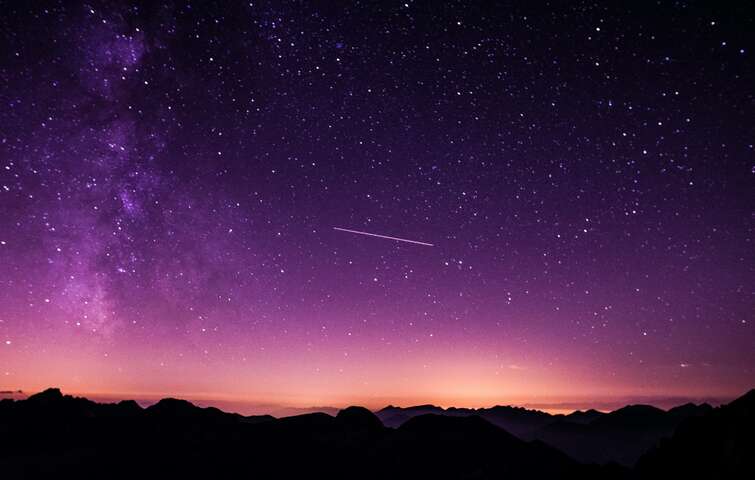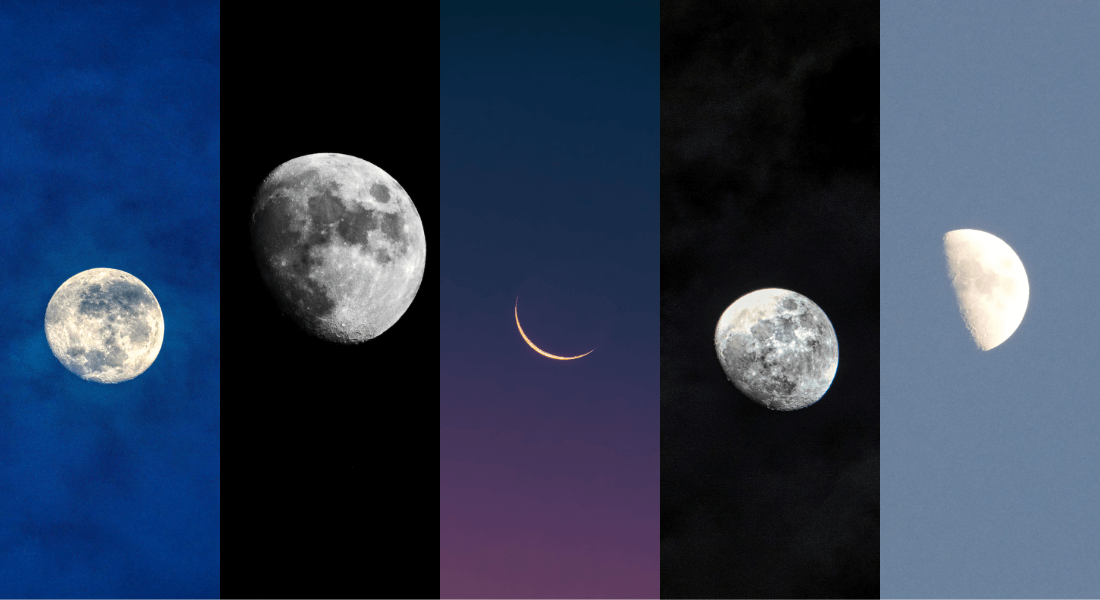
News about The Universe
Viser 1 til 24 af 36 dokumenter.


Danish-led space mission to map the lunar surface

Colossal collisions in space send shockwaves through the universe: Gravitational waves break records with new observations
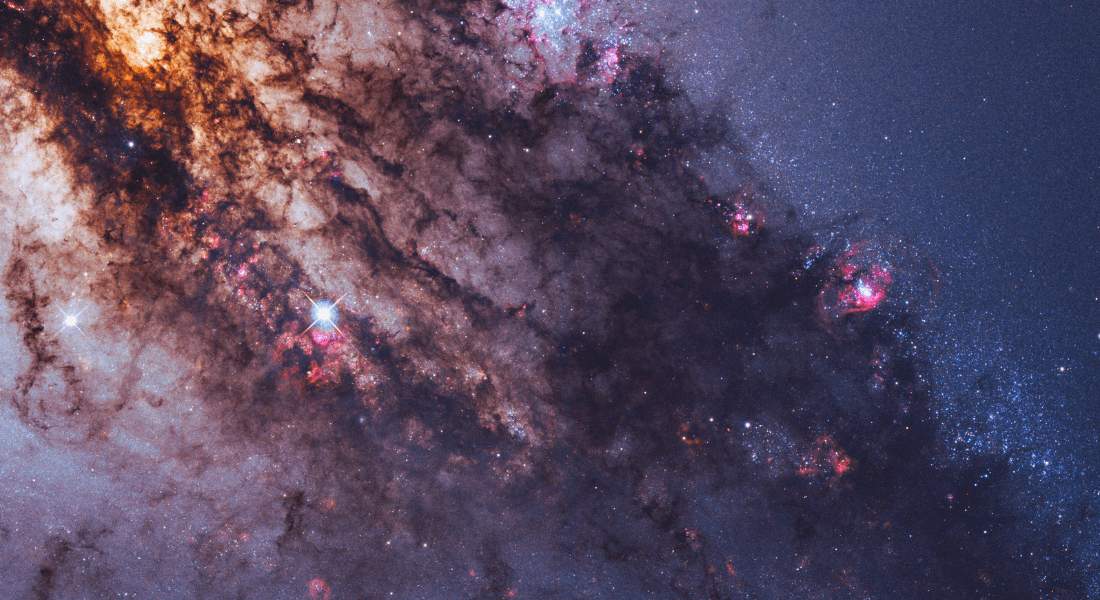
Intergalactic experiment: Researchers hunt for mysterious dark matter particle with clever trick

Intergalactic experiment: Researchers hunt for mysterious dark matter particle with clever trick

Vitor Cardoso Elected President of ISGRG
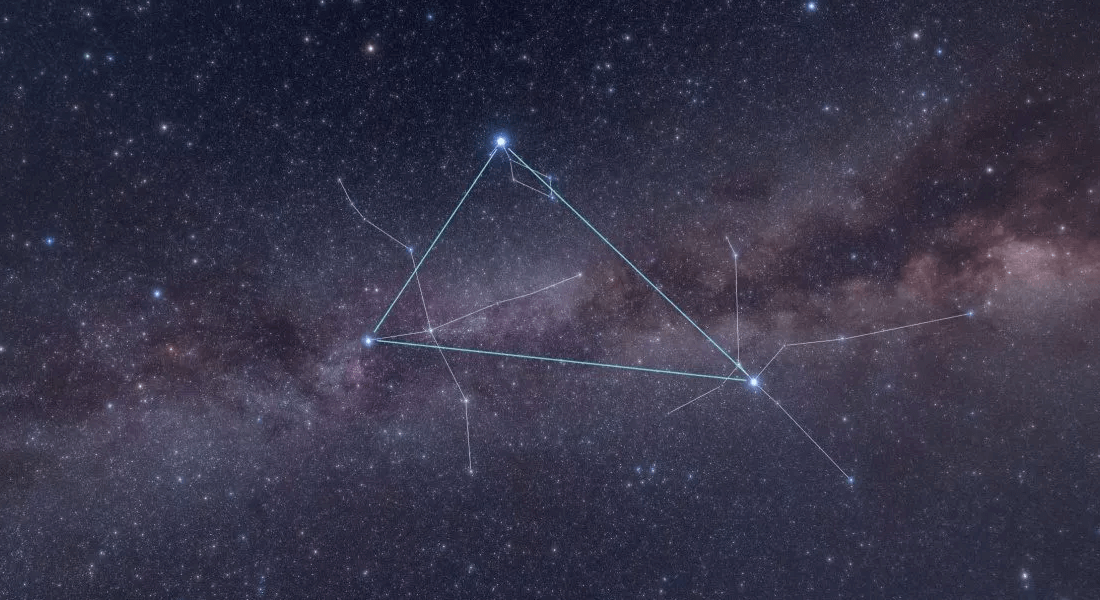
Look up in June
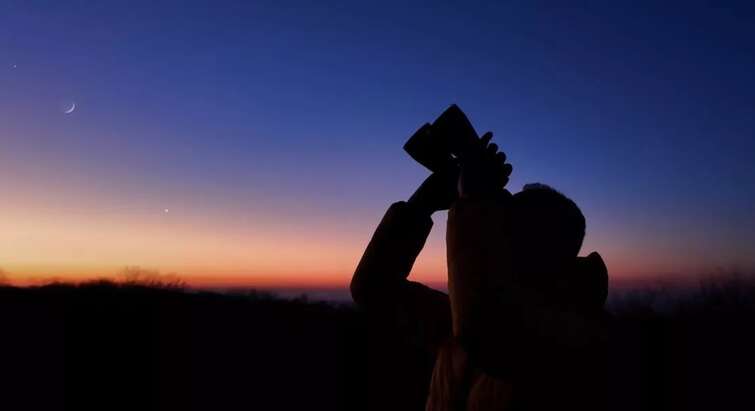
Look up in May
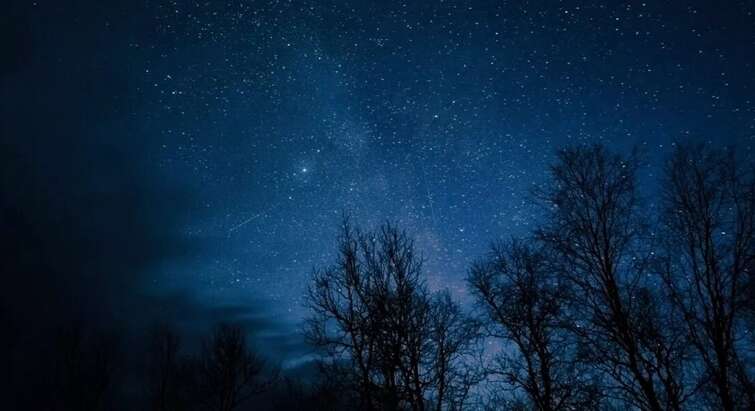
Look up in January
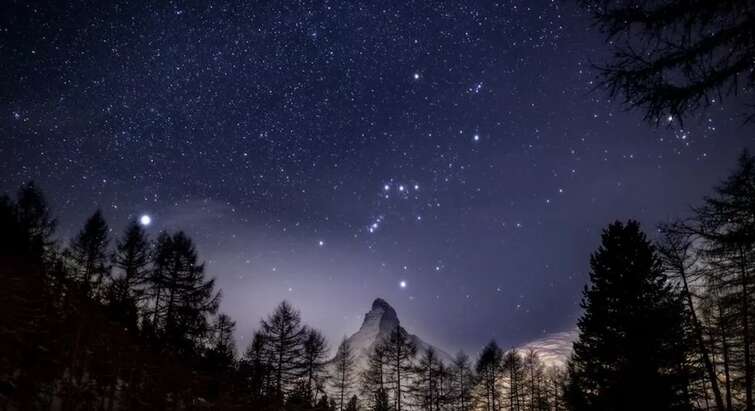
Look up in December
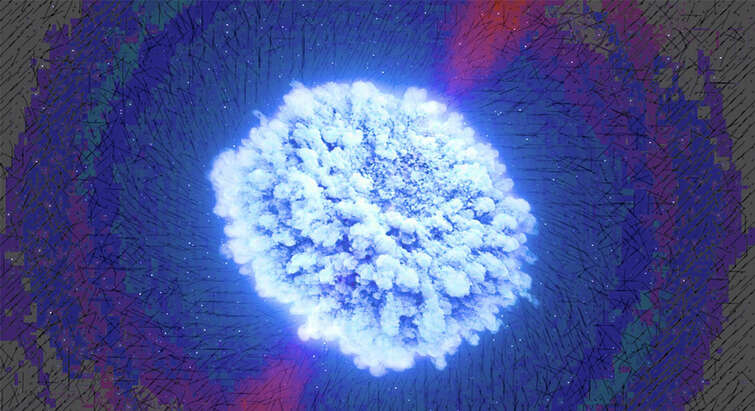
Dance of electrons measured in the glow from exploding neutron-stars
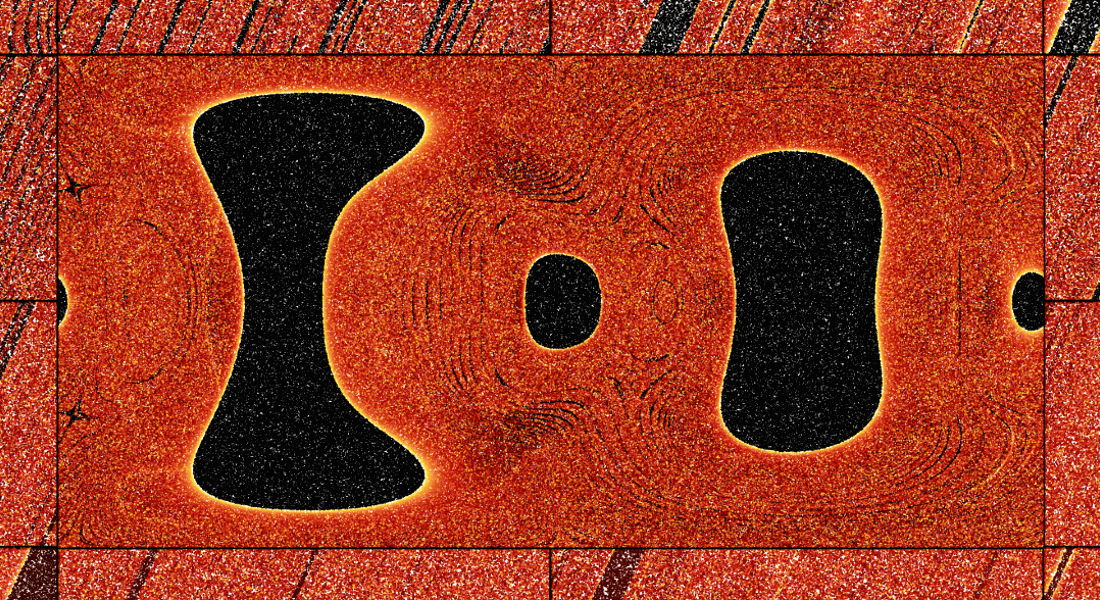
"Islands" of Regularity Discovered in the Famously Chaotic Three-Body Problem

"Islands" of Regularity Discovered in the Famously Chaotic Three-Body Problem

HUM:Global launches four new Flagship Initiatives at the Humanities

Charlotte Mason receives large ERC grant
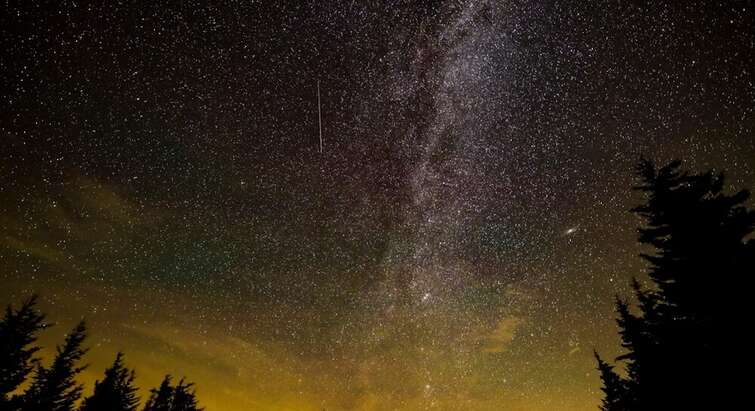
Look up in August
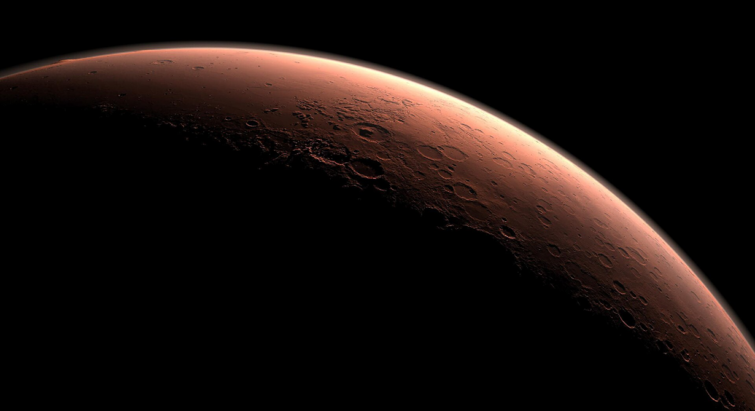
Organic material from Mars reveals the likely origin of life’s building blocks
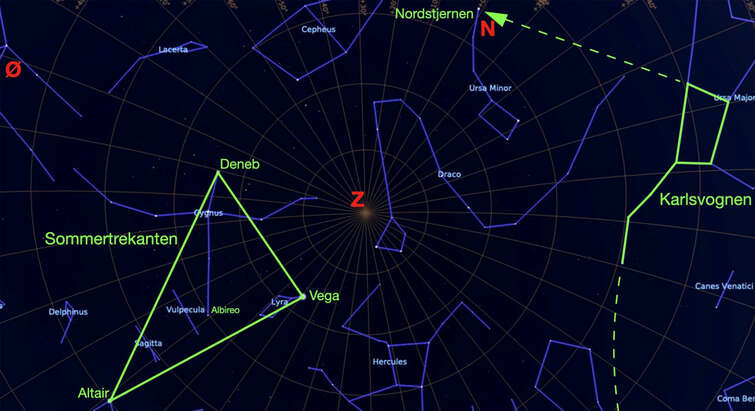
This month's starry sky
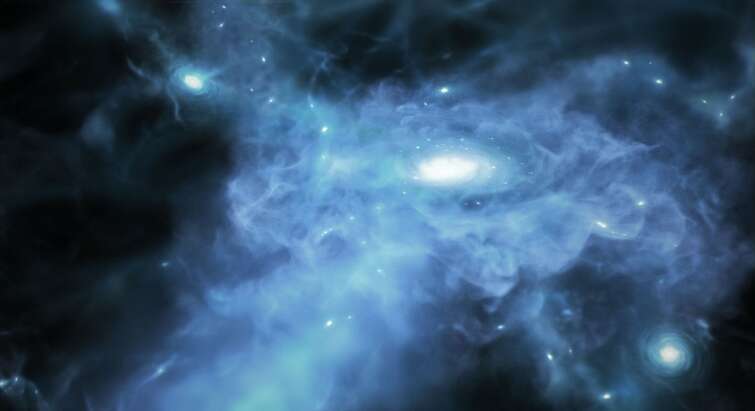
Birth of universe’s earliest galaxies observed for first time

Birth of universe’s earliest galaxies observed for first time
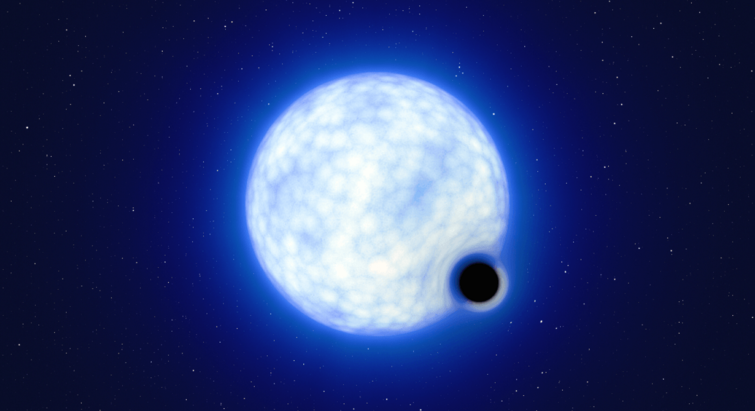
Complete Stellar Collapse: unusual star system proves that stars can die quietly

Complete Stellar Collapse: unusual star system proves that stars can die quietly
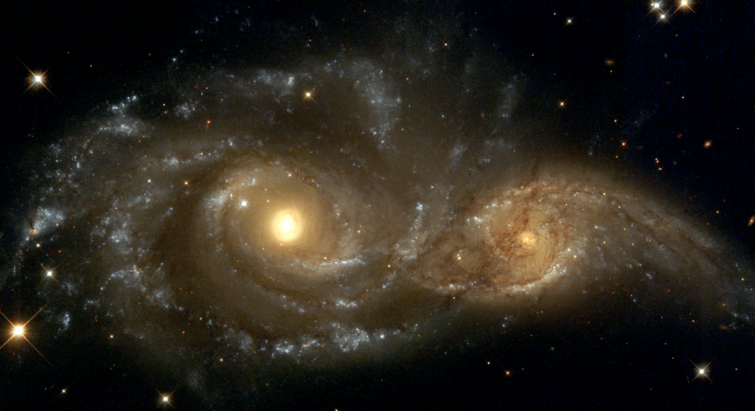
Intergalactic gas brings supermassive black holes at the heart of galaxies to life
